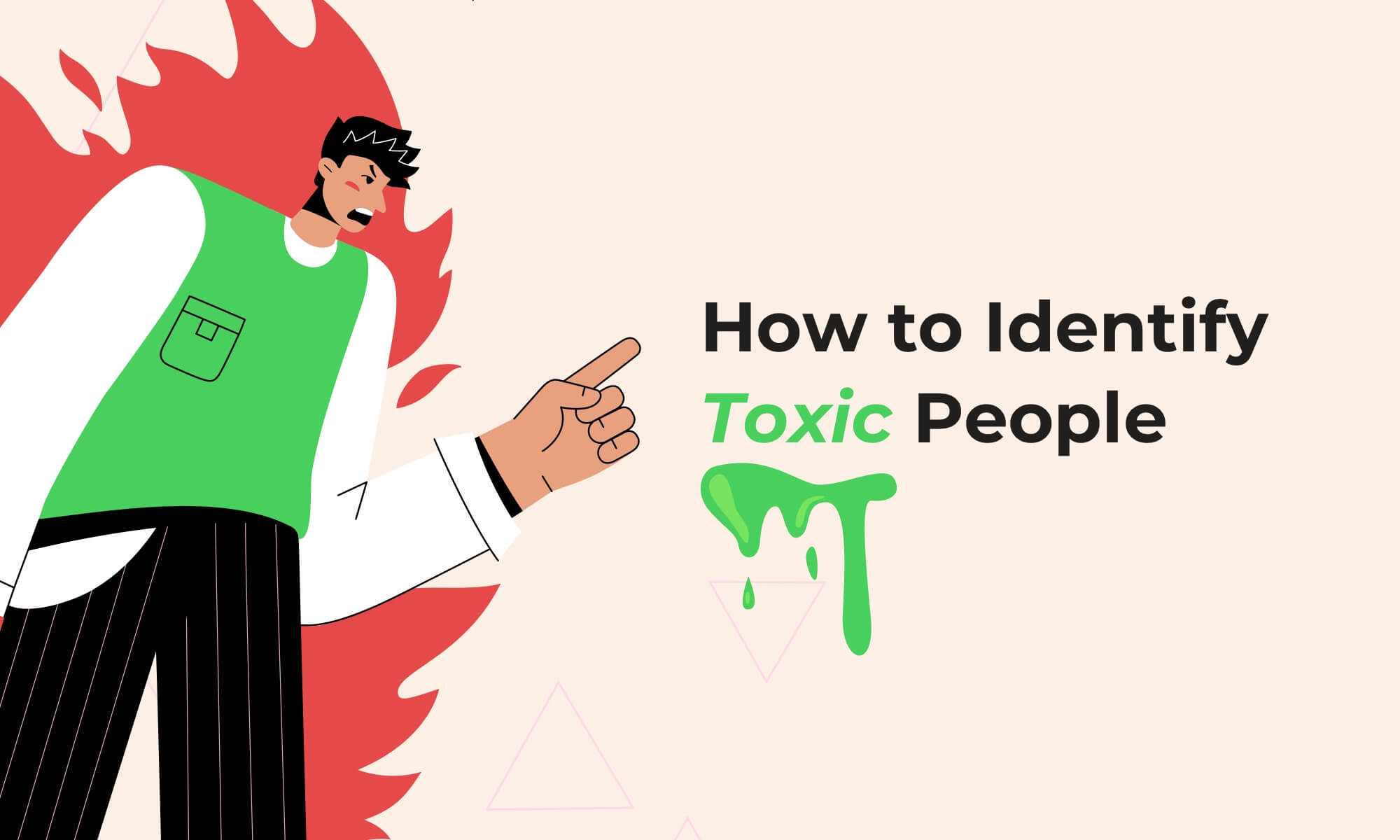Is it possible to improve time management and become more creative at the same time?

Mikhail Liakh, Soft Skills Co-founder and coach, shares some insights about productivity and creativity skills.
Creativity vs productivity
Many people imagine creativity as something magical, incomprehensible or simply as an inaccessible formula.
I regularly meet people during different educational and work sessions on soft skills who consider themselves incapable of coming up with good ideas. One day they just persuaded themselves that they were not creative because of the daily routine or the high degree of work formalities, responsibilities or even age. However, been working for 4 years with many teams in the format of creative sessions and workshops, I am sure now that any person can generate great ideas at any age.
Let’s imagine the common situation of a meeting when employees are going to solve problems altogether. There is a regular phrase: “We need new ideas.”
How do you feel when you hear it? Are you nervous? Creative ideas still do not come, and the time of the meeting is prolonged. You promise to think a day or two more but as soon as you sit down for your workplace, you find a million other things that require all your time and attention.
The next day, a few minutes before the meeting, you remember that you need to come up with something, but there is no time, as well as a good decision. You go to the meeting and understand that you don’t want to just because you have nothing to propose.
In any case, you are not satisfied with both productivity and creativity. Let’s first clarify what we mean by these terms.
- Productivity is a very popular term in time management, It is the ability to plan activities and quickly focus, performing tasks in the shortest time. This is the skill that employees can learn from books and articles. You need to learn how to do it – try, make mistakes, analyze, learn from your mistakes (better under the supervision of a coach).
- Creativity is the ability to dive into something unknown, coming up with working hypotheses for solving problems/ tasks. This is the skill of the future, the relevance of which will only grow as technology develops when machines will perform the vast majority of mechanical work.
Of course, creativity nor productivity do not appear from anywhere, nobody borns with them and they do not disappear occasionally. These skills should be developed and maintained by employees.
How to develop these skills?
Identifying a specific skill that we need to develop, we do not take into account that soft skills (that include creativity and productivity among others) are extremely intertwined.
Let’s consider creativity.
The options are:
- To be creative: to rest, to travel, to be inspired for a long time, and then enjoy your workplace and wait for inspiration (that somehow does not come). Here is easy to get distracted by the slightest distractor. Nevertheless, someone finally sits down for work and something new is being created. It’s not what we want to be able to do, is it?
- To be productive-creative – to quickly focus and come up with new useful ideas that would be interesting, accepted and supported by others.
If we want to be effective in our work activities, we have to learn how to become productive-creative. But how? What are the secret techniques and magical tools? Here are 4 ways that can be tested by anyone from anywhere in the world:
- Start to pay more attention to your health. This is very important because if you are in a non-working mental or physical state, your ability to concentrate and come up with solutions will be extremely low. You will simply spend a lot of time and emotionally very tired. So where to start? The key points are: to get enough sleep and keep a physical form up (to be fit). These are must-have.
- Try to find useful information and fill your spare time with useful activities. So you can rest and be filled with useful material for the future creativity. For example, it could be an audiobook in a car or before a nap. It can be just a subscription to useful public groups or useful media resources, smart articles instead of the news feeds on Facebook. Make sure that it is planned (for example, a specific audiobook or a podcast).
- Be open to something new and admit opportunities. Over time, growing into professionals, we get used to quickly assess the situation and make decisions. Here, our creativity can easily fall into the trap called “it won’t work” or “it’s not usually done like this”, etc. Instead, it’s best to set up your mindset on the wave “What if?” and always allow other possibilities for solving the problem. There is always an alternative solution.
- Experiment. As you increase trial and errors, you are simultaneously developing a greater confidence in yourself and your ideas, which will very soon become more original and unusual.
Most subgroups in soft skills are interrelated. They are combinations. This, in turn, means that developing one skill, it is impossible not to increase some others. That’s why training soft skills is not only useful but also extremely productive.
If you follow the clear rules of your schedule and strategy, this does not mean that you become less creative. Creativity, as well as productivity, is a skill that can be purposefully developed, and then maintained at a high level. The better one of your soft skills developed, the easier it will be to improve the other one. However, if you are still at the very beginning of this way, here is my advice: start with the one that is the most relevant to you now. After all, any long way is formed from the small steps.
Mikhail Liakh, Co-founder, Soft skills coach @ TiES



